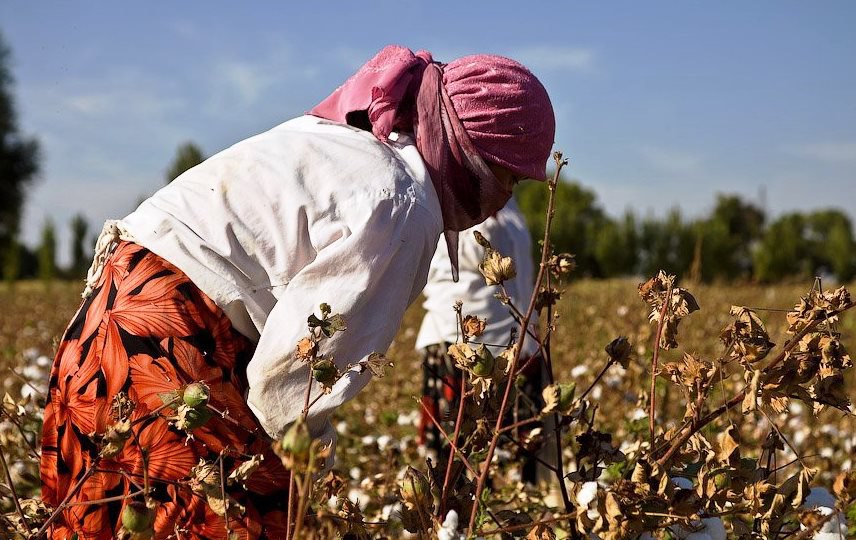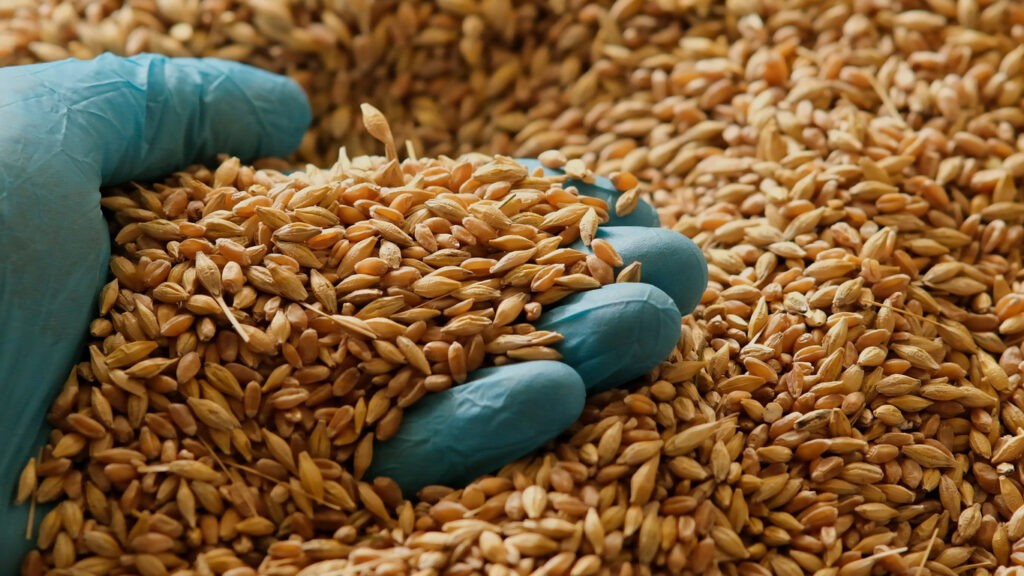Kazakhstan Bans Apple Imports as Big Harvest Expected This Year
On August 27, the government of Kazakhstan imposed a temporary ban on importing apples into Kazakhstan by motor transport until the end of the year. The ban does not apply to imports from fellow members of the Eurasian Economic Union -- Armenia, Belarus, Kyrgyzstan, and Russia. The Kazakh Ministry of Agriculture explained that this year's total apple harvest is projected to be 300,000 tons. This higher than average volume was achieved thanks to government support measures provided in previous years to cultivate apple orchards. In 2024, new apple orchards will have reached full fruiting capacities, and yields will increase by 18%, which will fully meet the needs of the domestic market. Kazakhstan is the birthplace of apples — particularly the famous aport apples, which grow in the Almaty region. Translated from Kazakh, Almaty means “place of abundance of apples.” Aport apples are distinguished by their large size, distinct smell, and succulent nature. One of the prominent landmarks in Almaty, the first sight to greet visitors to the Kok-Tobe Mountain, which looms over the city, is a granite statue of an apple with water gushing from its core. In 1970, there were 3.8 million aport trees in Kazakhstan, but by 1984, only 1.4 million remained. In 2012, scientific research began on the revival and rejuvenation of the variety, including establishing an experimental garden of aport grafted onto Sievers apple trees. In 2023, Kazakh scholars harvested the first fruits weighing 400–500g.






